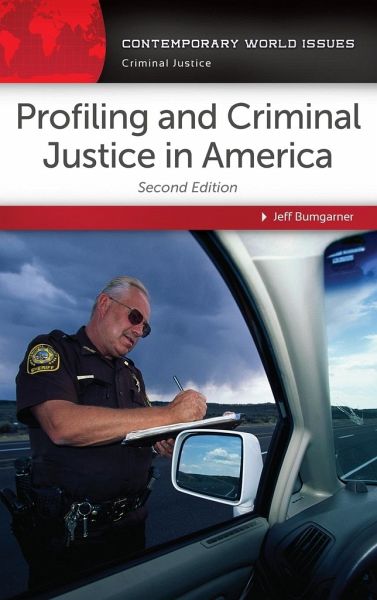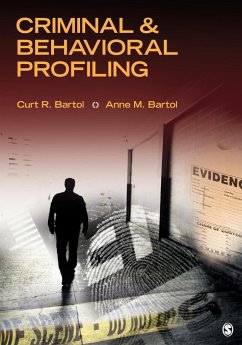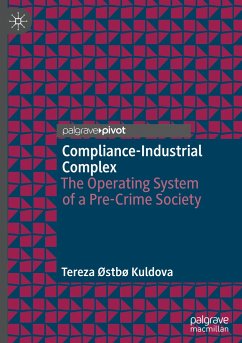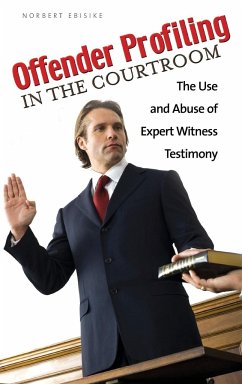
Profiling and Criminal Justice in America
A Reference Handbook
Versandkostenfrei!
Versandfertig in 1-2 Wochen
62,99 €
inkl. MwSt.

PAYBACK Punkte
31 °P sammeln!
An unbiased examination of profiling in the criminal justice system-one of the most hotly contested public policy issues-on the streets, in the courts, and in the jails and prisons of America. In the post-9/11 world, profiling by law enforcement has become "standard operating procedure." Profiling by prosecutors, judges, and corrections officers is pervasive in other criminal justice contexts as well. Is profiling actually effective in preventing crime or identifying likely offenders and therefore justifiable? This accessible, single-volume reference book examines profiling as it pertains to t...
An unbiased examination of profiling in the criminal justice system-one of the most hotly contested public policy issues-on the streets, in the courts, and in the jails and prisons of America. In the post-9/11 world, profiling by law enforcement has become "standard operating procedure." Profiling by prosecutors, judges, and corrections officers is pervasive in other criminal justice contexts as well. Is profiling actually effective in preventing crime or identifying likely offenders and therefore justifiable? This accessible, single-volume reference book examines profiling as it pertains to the criminal justice system in the United States, providing non-partisan information that illuminates the full scope of the profiling issue and discusses the possible impact of profiling on all American citizens. Addressing this highly controversial topic holistically, the book considers questions such as whether the criminal justice system in the United States unfairly targets minorities, how the rights of minorities can be protected while enabling law enforcement to use every resource available, and whether justification for profiling techniques exists. This work will serve students at the high school and college level as well as general readers who are interested in criminal justice issues and issues relating to equality and fairness before the bar of justice.












